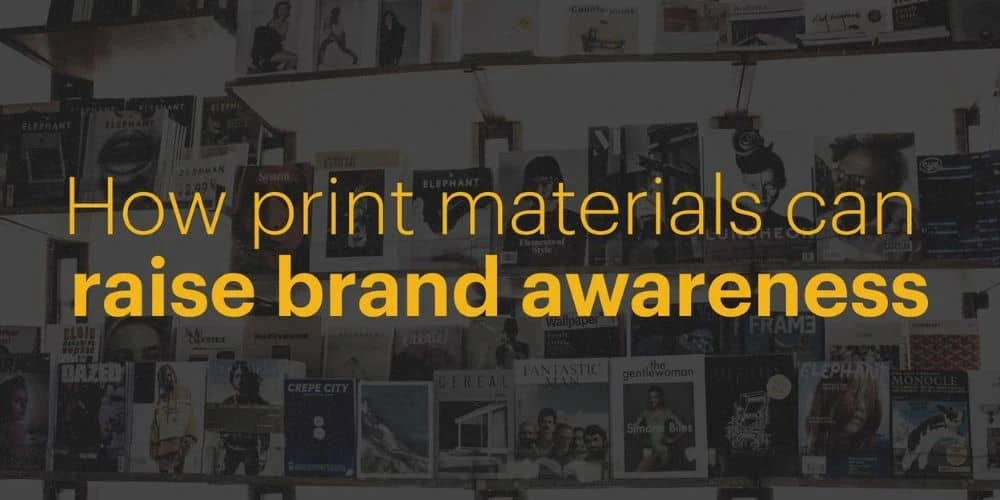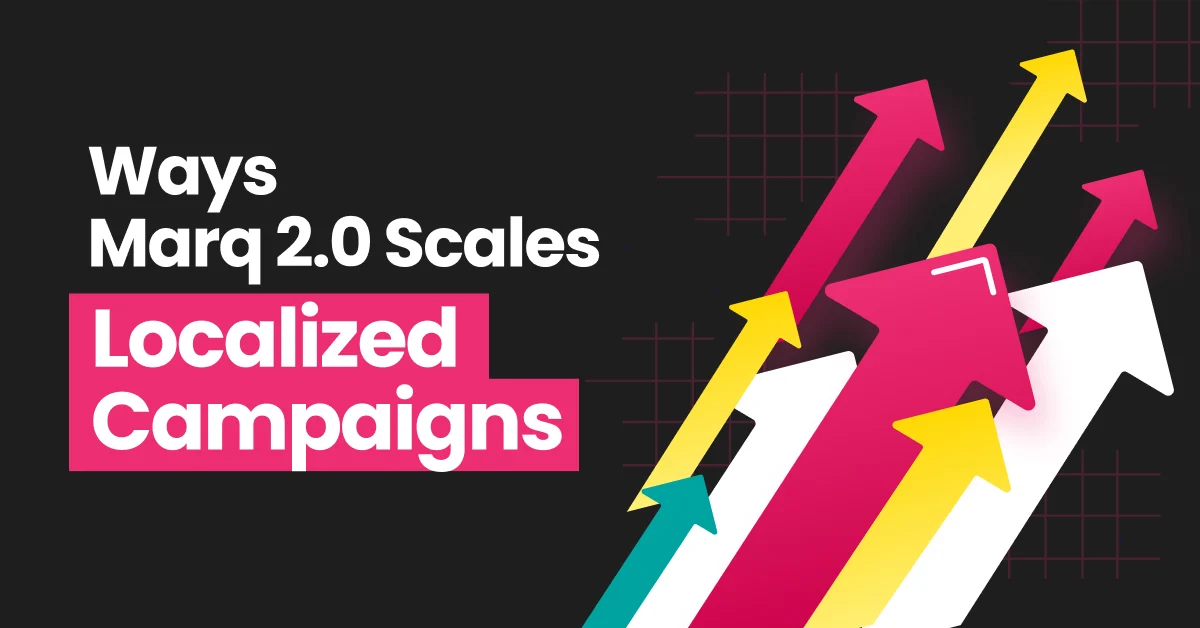The rapid rise of digital media—and the simultaneous decline of print media—has been glaringly obvious. Given the clear success of online methods like social media marketing, pay-per-click advertising, and search engine optimization, it’s not surprising to learn that many businesses are increasing digital spends.
Related: Why print will never die—Print vs. digital collateral
In terms of boosting brand awareness, digital is an obvious choice for many marketers. After all, more than three-quarters of Americans shop online. With digital, you can see which content is viewed most, where visitors spend their time, and when conversions have taken place…
…all benefits that we simply don’t see with print advertising.
Yet an important question remains: Is digital everything? Is digital enough to build brand awareness? There are subtle hints in recent studies that point to a surprising conclusion. Rather than going all-in on one or the other, your brand awareness might benefit most from a dual-approach. Let’s set the scene.
Is print media dead?
Remember how excited Amazon was when it launched the Kindle? Well, overall, eBook readers haven’t been anywhere near as successful as initially thought. In fact, eBook reader sales are in decline as readers prefer the look, smell and feel of a real book. The importance of tactile experiences in awareness & engagement is a factor we can’t overlook.
Print media and digital can’t always be described as standalone entities. Consider where digital would be without print. Alive? Sure. Alive and kicking? Probably not. There’s a lot of overlap between the two—QR codes, for example—which leads many to wonder whether a significant portion of digital’s success can be traced right back to print.
Ultimately, it seems that printing services are not as dead as they first appeared. Reports suggest that, while 88% of audiences will view a print ad for 2.8 seconds, only 4% of digital ads are viewed longer than 2 seconds. 35% of digital ads receive no views at all, a wasted opportunity that might be reclaimed with print ads.
Why use print to boost brand awareness?
Well, it comes down to how the brain works. Believe it or not, the brain seems to have a natural preference for printed materials.
Here are three scientific studies that show how effective print can be in boosting brand awareness.
Study #1: The emotional connection
Branding agency Millward Brown found that nothing compares to the emotional connection formed through print media. The agency claims that print leaves a much deeper footprint in the mind due to that personal, emotional bond. The study found that the parietal parts of the brain—responsible for absorbing and storing visual information—were more active in response to print ads than digital ones.
Study #2: Ease & simplicity
Neuromarketing firm True Impact has found that the average person uses 21% more cognitive effort to process digital information than print, suggesting that print materials are quite literally easier to absorb. The report backs its findings by demonstrating that 75% of those exposed to a print ad can successfully recall the brand at a later date, compared to just 44% of people who would could recall the same information after a digital ad.
Study 3: Out-performing across the board
In a study of direct mail conducted on behalf of the U.S. Postal Service, print media was found to out-perform digital materials in nearly every area. Print was the clear winner in terms of review time, stimulation, memory, speed, confidence, desirability and valuation. The only area in which digital performed better was gaining initial audience attention. Print materials can be tailored—personalized direct mail, for example—to combat this issue and come out on top.
Print vs. digital: Which is best?
Digital media has some clear advantages over print media. But looking at the research, it’s obvious that print still has a firm place in the marketing world. That’s why a number of businesses now focus on cross-media advertising, combining both print & digital to effectively and efficiently raise brand awareness.
By combining both methods, brands are able to target a much wider audience. Consider that, while 58% of newspaper subscribers prefer print, 28% say they are digital-oriented. There’s definitely a number of audiences who prefer print, so modern brands should reach out to these audiences, rather than isolate them.
Perhaps the best way to use both print & digital is to consider the unique advantages of both. Through multiple channels, you can reach multiple audiences and deliver your brand’s story. Consider reaching audiences with impressive print media, then create a more personalized experience through real-time, interactive digital media.



